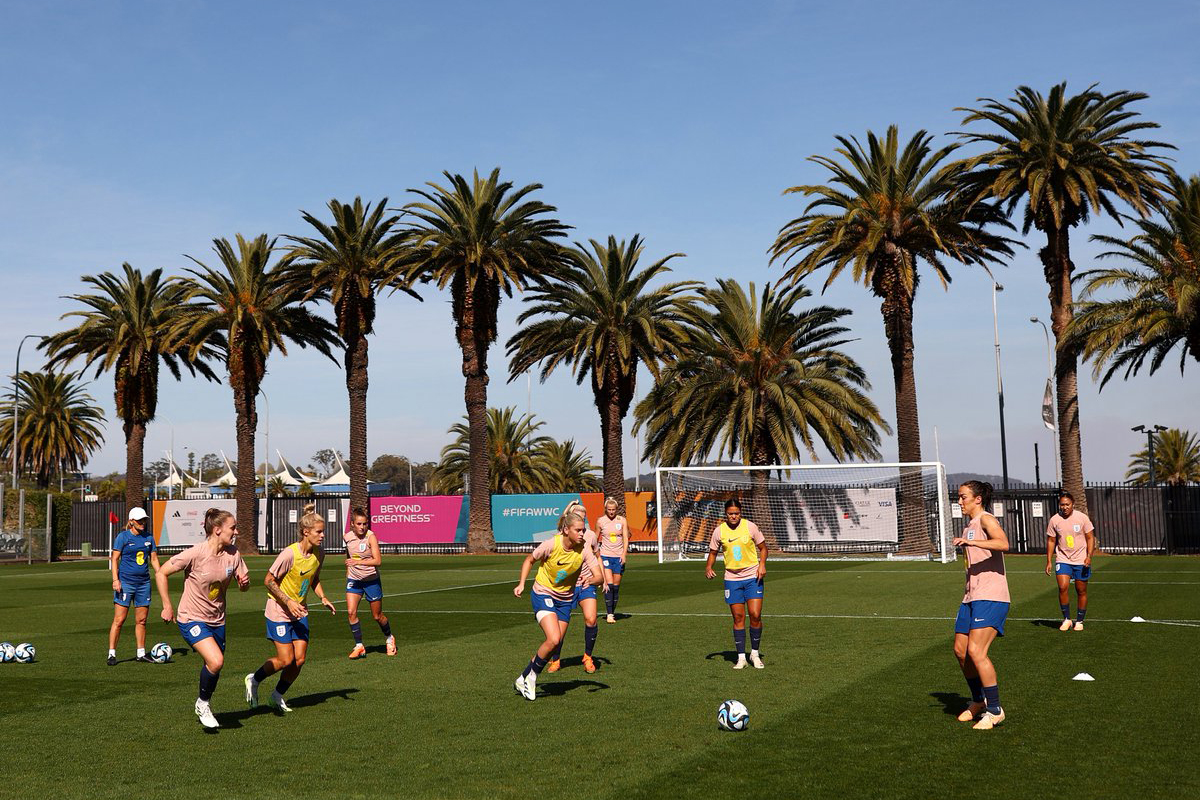At the recent NSCAA convention in Los Angeles, top college coaches from across the country and across NCAA divisions came together to discuss college soccer and the recruiting process.
This is Part 2 of our series. You can see Part 1 HERE, with and introduction and bio for each coach in the panel.
An important topic discussed by the panel was finding the “right fit” for college soccer. “Finding the right fit” has become a buzz phrase lately, and the coaches were very interested in deconstructing what the phrase actually means for an individual soccer player who has the goal of playing in college.
Aliceann Wilber of William Smith College was insistent that “there is definitely a spot for anyone who wants to play college soccer.” She described that if a competitive club player has the goal of playing college soccer and the work ethic to get there, that there will definitely be a roster spot for that player somewhere. She also added that club coaches and parents need to give athletes “room to breathe,” especially during the recruiting process, and she “loves when club coaches have an open mind to options and realize that there are so many great options for so many different levels of play and academics.”
Frank Kohlenstien of Colorado School of Mines added that “everyone can play somewhere, but you need to be honest about what level you can play and want to play. Go watch a team play a game and watch a team practice. See what the coach is like at both practice and games. I’m a completely different coach at practice than I am at a game. Many coaches are the same way. You have to decide if that’s a coach that will be good for you.”
Since college soccer players are “student athletes,” all of the coaches were insistent that finding the right fit academically is also vital to the recruiting process. Coach Kohlenstien explained, “Club coaches and parents need to know their players and if they are a fit academically. When a club coach calls me about a player who has no interest in an engineering school, it’s a waste of both of our time. There isn’t a Sports Management major at Colorado School of Mines. We are an engineering school.”
Steve Allison of Lone Star Soccer Club described how club players, coaches and parents need to be realistic and treat the recruiting process like a job search. Club coaches need to help their players by following up with college coaches after a college coach has evaluated a player at a tournament or showcase. The club coach can get honest feedback for the family to help the player be realistic in his/her recruiting process.
University of Maryland head coach Sasho Cirovski shared, “Club coaches need to be honest with players and college coaches about an athlete’s level of play. Yes, there is a spot for everyone, but I get emails from players and coaches who should NEVER be emailing me. One look at their bio or video tells me that they would not be a good fit at my program, and the email was a waste of time.”
Jeremy Gunn, Stanford head coach, emphasized the importance of individual responsibility in the recruiting process. He said, “I love it when club coaches educate parents about pulling back from the recruiting process and allowing the players to be more independent as they progress through high school.” Players who come into a college soccer program, Stanford or elsewhere, after having been in charge of their own recruiting process will be better prepared for college athletics, college academics, and life after college.
Coach Becky Burleigh from University of Florida concluded with a heartfelt statement that being a part of a college team through the four (or five) years of college is an experience that is like no other and that anyone with the chance should pursue the goal of college athletics. Every other coach on the panel strongly nodded in agreement when Coach Burleigh described the special nature of college athletics.
Stay tuned for more from this group of top college coaches in upcoming articles.





